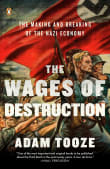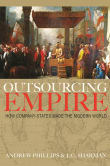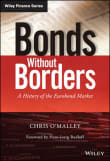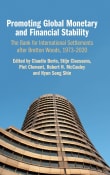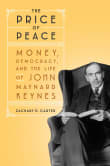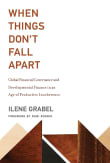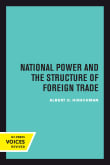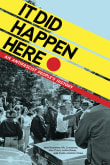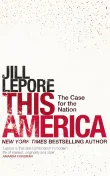Globalists
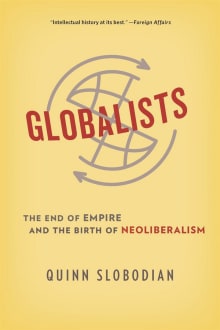
Book description
George Louis Beer Prize Winner
Wallace K. Ferguson Prize Finalist
A Marginal Revolution Book of the Year
"A groundbreaking contribution...Intellectual history at its best."
-Stephen Wertheim, Foreign Affairs
Neoliberals hate the state. Or do they? In the first intellectual history of neoliberal globalism, Quinn Slobodian follows a group of thinkers…
Why read it?
5 authors picked Globalists as one of their favorite books. Why do they recommend it?

Folks familiar with the term “neoliberalism” usually describe it as the economic system that tries to unleash the market by getting the government out of the way. I like Globalists because it shows how unleashing the market demands that government gets in the way—of workers’ rights, movements for equality, and, most ominously, democracy itself. Since it’s impossible to understand fascism without tackling capitalism, a book explaining how we got to today’s market principles is vital.
I see this book as a history of the neoliberal economists who encouraged political leaders to use state violence and repression to unleash free trade…
From Patricia's list on today’s fascism and resisting it.

I was in my first year of college when I witnessed (via news reports) the “Battle of Seattle,” where anti-globalization protestors shut down a negotiating round of the World Trade Organization.
Watching the news from Seattle made me want to study the politics of the international economy. Seattle seems to have had a similarly big impact on Slobodian since it pops up in the introductory and concluding chapters of Globalists.
Slobodian’s book tells the story of how a group of dissident economists and lawyers, mainly centered in Geneva, rewrote the postwar international rules to legally “encase” market-based transactions. This…
From Stephen's list on politics that shaped international economic order.

Globalists presents an impressive account of the history of neoliberalism from a new and valuable perspective.
It adds nuance, depth, and detail to Polanyi’s analysis. Slobodian argues that neoliberals have always recognized that “free” markets require institutional supports and protection but that the neoliberal vision of these protections is in conflict with the vision of those who prioritize other goals such as social justice.
This came to a head in 1999 when, just as neoliberals seemed to have succeeded in scaling their project up to the global level, the forces of resistance also scaled up. Surprise!
Slobodian examines the significance…
From Elizabeth's list on why international finance fails to deliver.
If you love Globalists...

After I read this book, I immediately made a date for lunch with the author, where I presented him with a copy of my own, and we have been talking ever since!
The title tells you that we are both concerned with the same tension between money and empire, he as a historian and me as an economist, but intersecting in the history of economic thought. He tells a European story of the Geneva School and the neoliberal international political project, whereas I tell an American story of an internationalist minority view that takes to heart the central banker’s concern…
From Perry's list on the forces making the global money system.

Globalists is the best book I’ve read on neoliberalism. It explores the character and context of neoliberalism’s geopolitical project. Neoliberals believed that markets could function effectively only if “encased” by the right political institutions—legal or political frameworks that would protect them from the forces of economic nationalism, Keynesian planning, socialism, or the democratic aspirations of postcolonial states. Neoliberalism emerged in the decades after WWI as a strategy to restore what its proponents saw as the best features of the nineteenth-century world order: free trade, hard money, and a laissez-faire state. It acquired new urgency as a reaction against the economic…
From John's list on economics and geopolitics.
If you love Globalists...
Want books like Globalists?
Our community of 12,000+ authors has personally recommended 100 books like Globalists.


